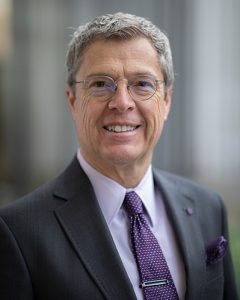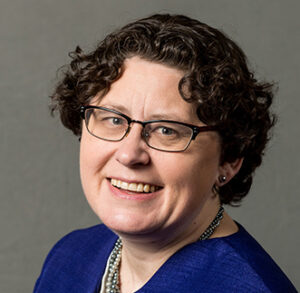Amplifying President Russell M. Nelson’s Message of Gratitude and Hope
 Brett G. Scharffs is Director, International Center for Law and Religion Studies and Rex E. Lee Chair and Professor of Law, BYU Law School
Brett G. Scharffs is Director, International Center for Law and Religion Studies and Rex E. Lee Chair and Professor of Law, BYU Law School
This article is related to President Russell M. Nelson’s address on the Healing Power of Gratitude (November 20, 2020).
Earlier today, President Russell M. Nelson, President of the Church of Jesus Christ of Latter-day Saints shared with the world a message of hope and gratitude. This is a man whom I revere as a prophet of God, and his message is genuinely universal and will be meaningful to all people of faith and, indeed I believe, to all people. I invite you to view it and to share his message at #GiveThanks.
President Nelson shared a poignant personal experience. As a doctor, he had worked on developing the first heart-lung machine used in open-heart surgeries. Decades later, “My wife Dantzel and I were sitting on the sofa holding hands while we watched television. Suddenly, she collapsed. Despite being well- trained to treat the very thing that ended her life, I could not save my own wife.” He then described the pain of losing two of his nine daughters to cancer, noting quietly, “No parent is prepared to lose a child.”

